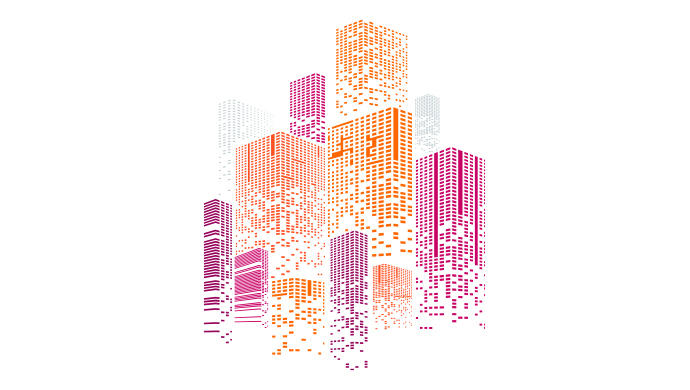
Safeguarding your website domain names from counterfeit
In years past, trademarks were arguably the most important encapsulation of a brand's identity, but in the digital age, domains have become every bit as vital. Without properly registering domain names for your organization's websites, you surrender internet visibility for your products and services — which amounts to an insurmountable competitive disadvantage. Dennemeyer & Associates can help you establish distinct domains that will guarantee awareness of your goods and services in the increasingly crowded virtual universe.
How can we help?
Summary
The key benefits of Domain Protection
Dennemeyer will ensure that the second-level domains for your websites are filed not only with ICANN-accredited registrars but also protected as trademarks.
If any third parties attempt to infringe upon domains that should be yours through "cybersquatting" or other forms of misappropriation, we will readily bring legal actions against them.
Frequently Asked Questions
We have collected the most common questions on Domain Protection
Our team of experts has provided answers to your most pressing Domain Protection questions.
See all

